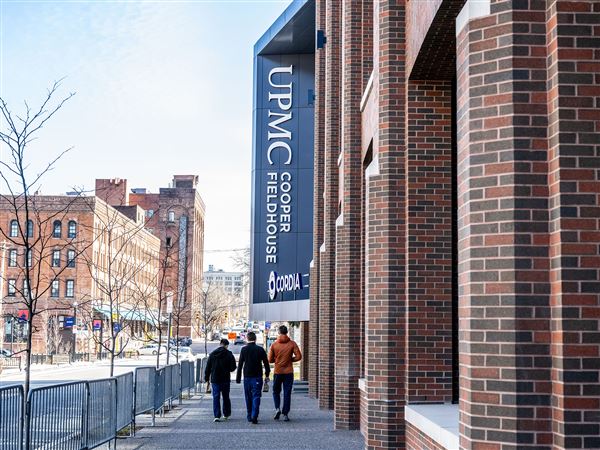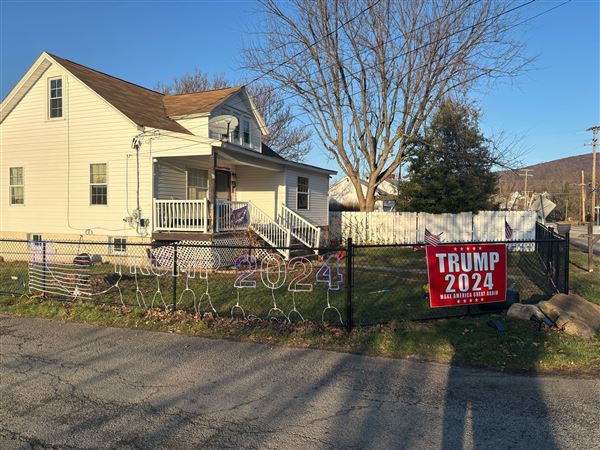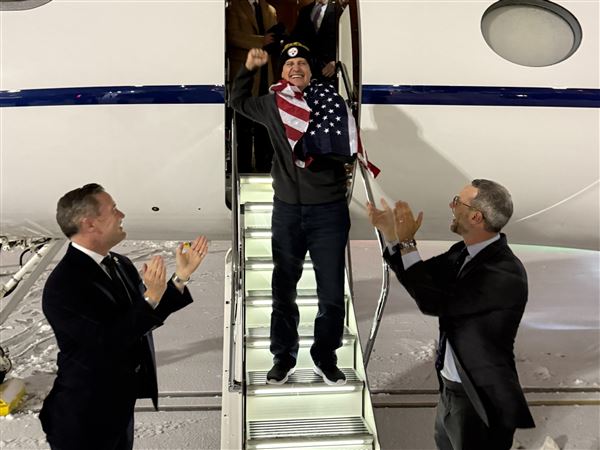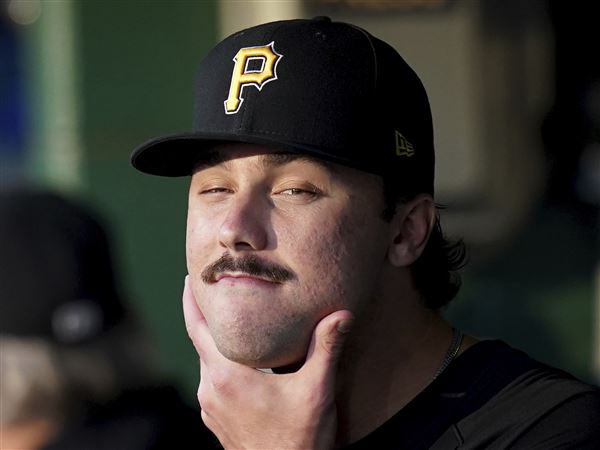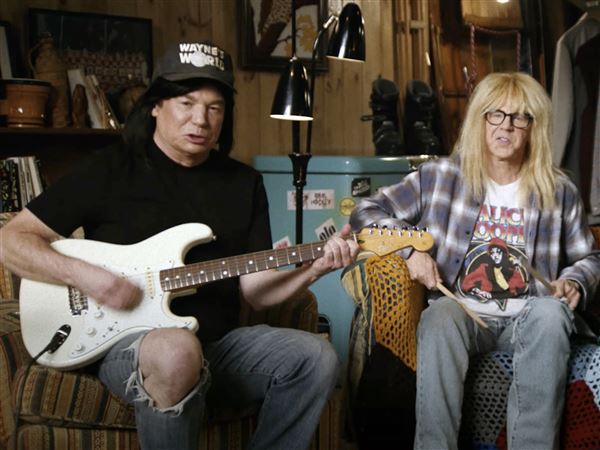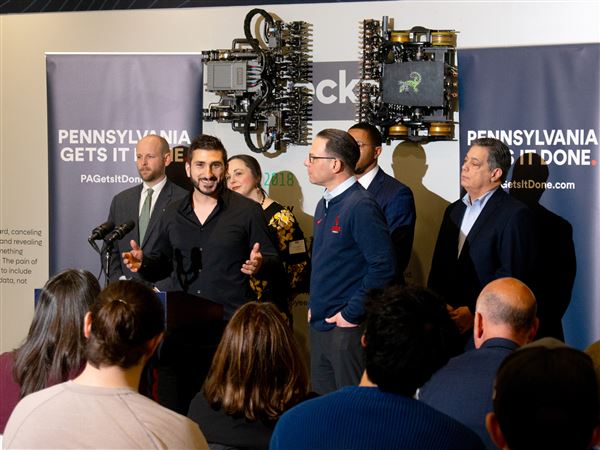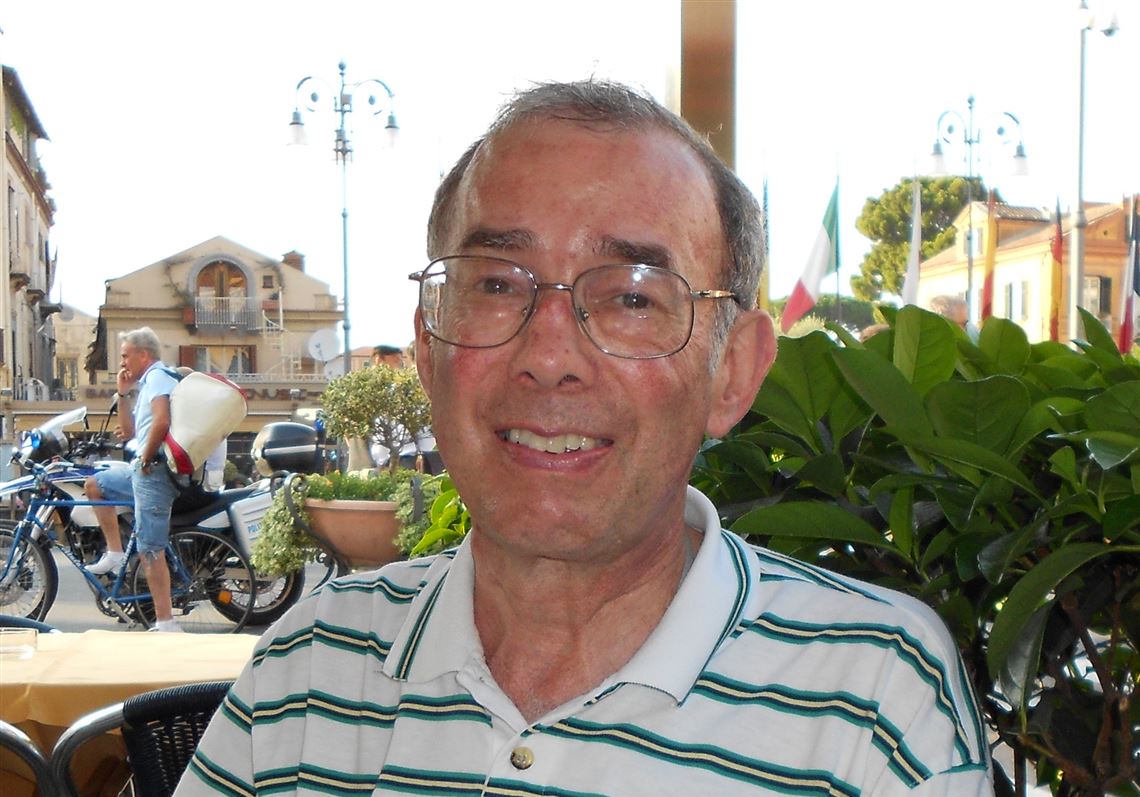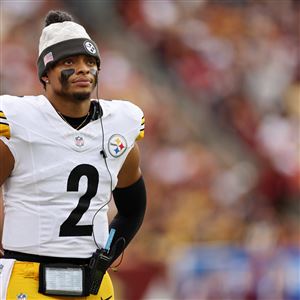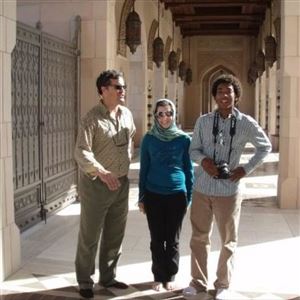Peter Ferson tried to die. At least, that’s what he would tell people.
When a blood clot in his lungs brought Dr. Ferson to the intensive care unit in 2014, and nobody thought he would survive, he pulled through. Looking back on that near-death experience, he would joke in his dry, sarcastic way, “Remember when I tried to die?”
Hyperbole was how Dr. Ferson handled his disease, an autoimmune disorder known as polychondritis, a condition which he lived with for nearly 40 years.
He died on Sunday, June 30, due to complications from that disease.
Dr. Ferson, of Hampton, used exaggeration as a way of taking his medical issues in stride, and as a tool when he lectured at the University of Pittsburgh. But he also magnified the real value of the people he encountered every day, no matter how small the interaction.
“Too many times, the rank and file are neglected for sensationalism,” he wrote in 1986 about his work in the Veterans Affairs Medical Center. “The people who make things work around here are not just the ones who get their names in the media, but rather the nurses in the ICU, the dieticians downstairs, the police, the clerks — the people who are willing to go the extra mile when the need is there.”
Over his 50 years as a medical professional, Dr. Ferson dedicated his life to treating his patients, educating his students and cherishing his family.
He graduated from Mt. Lebanon High School. After finishing his undergraduate studies at Johns Hopkins University in 1969, he immediately began medical school at Pitt. He became a cardiac surgeon and later cardiothoracic surgeon; he often treated patients who had lung or esophageal cancer.
He went on to lecture at Pitt, all while sharing his love of learning with his son, Mike Ferson, and daughter, Kelly Schulter.
“He was, I think, a true renaissance man,” Ms. Schulter said. In addition to his talents in medicine, he took a rabid interest in astronomy — he built his first telescope by hand — as well as philosophy, music theory, photography, history and geology. He shared those passions with his children and grandchildren.
“I think my dad was the best teacher I’ve ever met,” Ms. Schulter said.
He used his breadth of knowledge to teach students to think outside of the box, to use critical thinking and a wide variety of experiences to solve problems inside and outside of the classroom.
Dr. Ferson always put his family first: He took time to do scout groups with his children, and took them on cross-country road trips to see Native American ruins in the Southwest and other historic locations.
He always took a deep interest in the needs of his students, and donated a great deal of his own income to students who were underprivileged and needed help.
“He sponsored one student’s entire education,” Denise Ferson, his wife, said. “So I would like to see something like that in place — a scholarship fund in his name.”
Many years of Dr. Ferson’s life were spent performing a delicate balancing act: balancing work and family, or his own health with the needs of his patients.
Some days, his condition would make it difficult to perform his work. Other times, he would volunteer to work holidays so that his younger colleagues could spend time with their families. A master of his craft, he would often give advice to other surgeons who needed help with their cases.
Much of his humor was self-deprecating, Ms. Schulter said. He was uncomfortable with accolades because his focus was on helping everyone.
“He helped people become successful and contribute value to humanity,” Ms. Schulter said.
A service for Dr. Ferson was held at Mt. Lebanon United Lutheran Church on July 2. In addition to his wife, two children and four grandchildren, he is survived by his stepsons, Mark and Matthew McPherson, and his stepdaughter, Mia McPherson.
First Published: July 5, 2019, 3:46 a.m.
